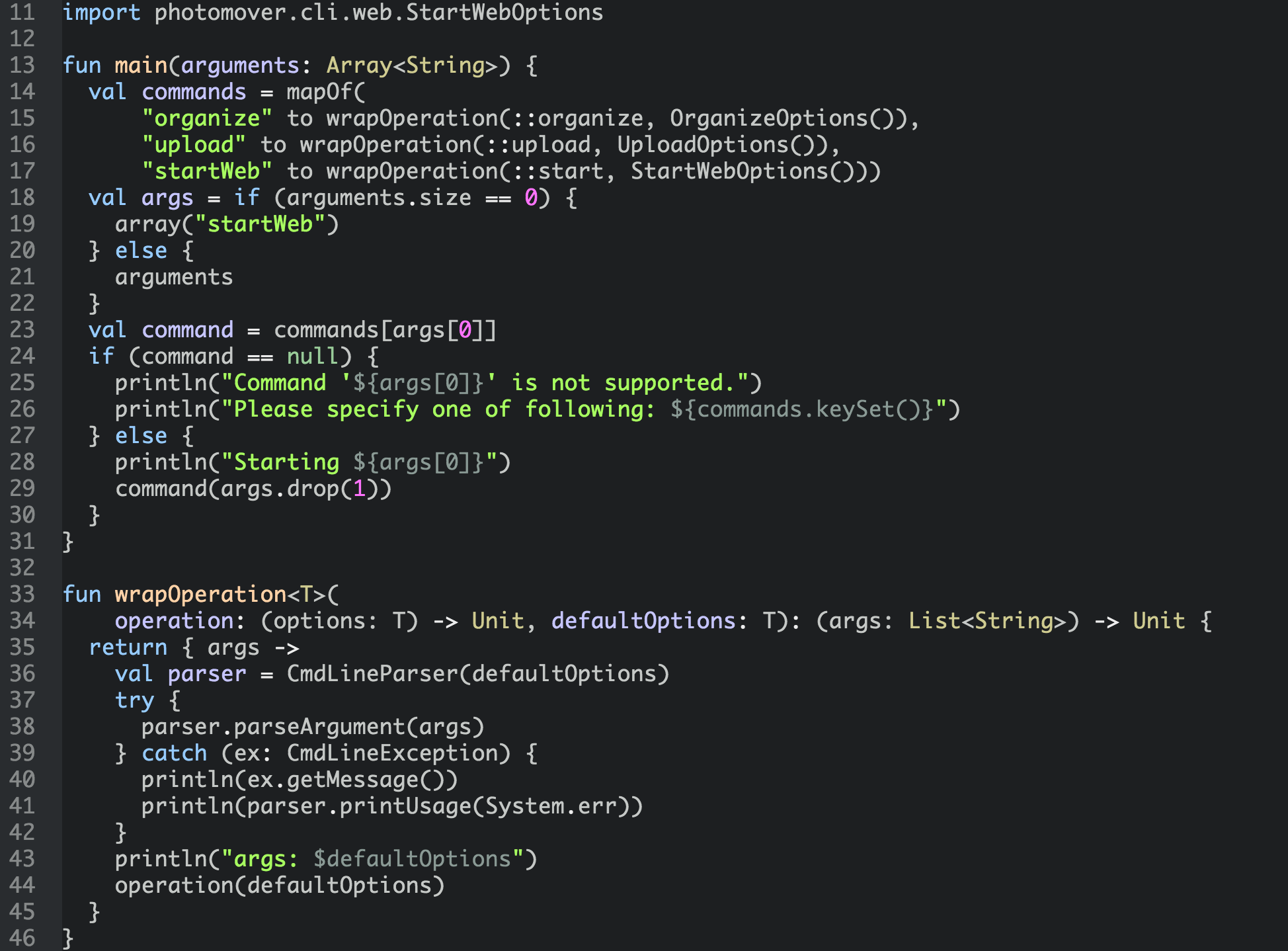Kotlin Programming Language

Using the Java Virtual Machine (JVM), Kotlin is a contemporary statically typed programming language that may be used to create server-side and Android apps, among other things. It was created in 2016 and was first made available formally by JetBrains, the firm that makes well-known programming tools like IntelliJ IDEA. Because Kotlin is meant to work seamlessly with Java, it's a desirable choice for Java developers who want a more expressive and succinct language. Background and Synopsis: Development: JetBrains started working on Kotlin in 2010, and the first official version was made available in February 2016. The language has the name of Kotlin Island, which is close to St. Petersburg, Russia, and is home to JetBrains' headquarters. Kotlin became well-known very fast, particularly after Google revealed in 2017. Key Features: Interoperability with Java: One of Kotlin's strongest features is its seamless interoperability with Java. Kotlin can call Java code, and Java can call Kotlin code without any issues. This makes it easy to introduce Kotlin into existing Java projects or to gradually migrate Java codebases to Kotlin. Conciseness: Kotlin reduces the amount of boilerplate code required compared to Java. For example, features like data classes, type inference, and smart casts allow developers to write more concise and readable code. This reduction in boilerplate improves productivity and reduces the likelihood of errors. Null Safety: Kotlin introduces null safety at the type system level, helping to prevent null pointer exceptions, a common source of bugs in Java. In Kotlin, variables are non-nullable by default. If a variable can be null, it must be explicitly declared as nullable using the ? operator. Functional Programming Support: Kotlin supports functional programming features, such as higher-order functions, lambda expressions, and collection operations like map, filter, and reduce. This allows developers to write more expressive and concise code. Extension Functions: Kotlin allows developers to extend existing classes with new functionality without modifying their source code or creating subclasses. This is done through extension functions, which enable a more modular and readable codebase. Coroutines: Kotlin's coroutines provide an easy way to handle asynchronous programming. Coroutines simplify concurrency by allowing developers to write asynchronous code in a sequential style, reducing the complexity typically associated with threads, callbacks, or other concurrency models. Data Classes: Kotlin’s data classes automatically generate boilerplate code such as equals(), hashCode(), toString(), and copy() methods. This feature is particularly useful when working with objects that are primarily used to hold data. Kotlin in Software Development: Android Development: Kotlin is now the preferred language for Android app development, endorsed by Google. It offers a more modern and expressive syntax compared to Java, which makes Android development faster and less error-prone. Android Studio, the official IDE for Android development, provides excellent support for Kotlin, including features like auto-completion, refactoring, and debugging. Server-Side Development: Kotlin is also used for server-side development, where it can be deployed on any JVM-based environment. Frameworks like Ktor and Spring Boot support Kotlin, enabling developers to build scalable and maintainable backend services. Kotlin's concise syntax and strong type system make it an attractive option for writing RESTful APIs, microservices, and other server-side applications. Multiplatform Development: Kotlin offers support for multiplatform development, allowing code sharing across different platforms, such as Android, iOS, JavaScript, and the JVM. This enables developers to write common code once and reuse it across multiple platforms, reducing duplication and simplifying maintenance. Scripting: Kotlin can be used as a scripting language, allowing developers to write scripts with the same language they use for application development. This unification of scripting and application code can simplify development workflows. Community and Ecosystem: Active Community: Kotlin has a vibrant and growing community of developers, supported by JetBrains and Google. The community contributes to the language’s ecosystem through libraries, tools, and frameworks. The KotlinConf, an annual conference organized by JetBrains, brings together Kotlin developers from around the world to share knowledge and experiences. Rich Ecosystem: Kotlin’s ecosystem includes a wide range of libraries and frameworks, many of which are compatible with Java libraries. The language also has excellent tooling support, with JetBrains' IntelliJ IDEA providing first-class Kotlin integration. Kotlin's package manager, Gradle, also supports Kotlin DSL, allowing build scripts to be written in Kotlin instead of Groovy.